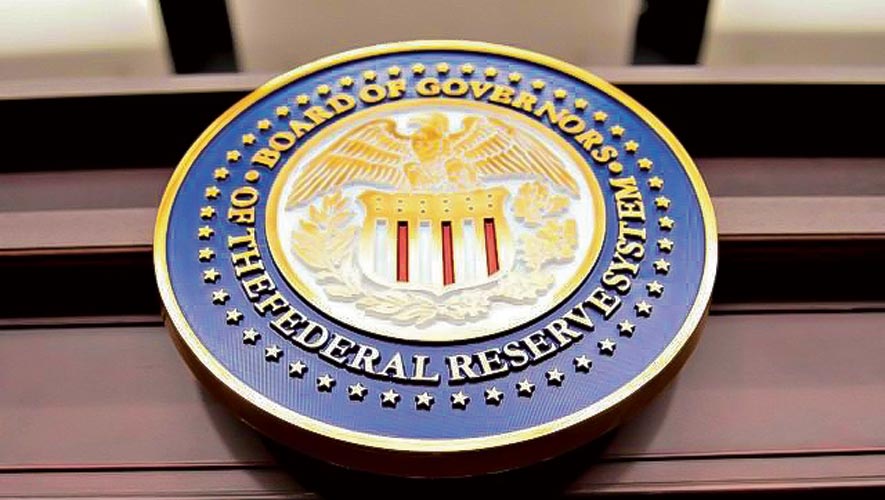With Asean centrality under siege, the grouping has made many attempts to find ways of keeping Asean relevant, including theories of how to balance the sphere of influence between China and the US in the region.
For the latest Cambodian Business news, visit Khmer Times Business
But Asean has to step up its game and avert obtrusive behaviour of the strong and powerful in the region, thus it needs to advance its identity to articulate as a strong voice in the region.
One way to do this is the strengthening of the Asean Secretariat. The need to strengthen the Secretariat was more voluble following the failure of Asean’s foreign ministers to issue a joint communiqué at the end of the annual meeting in 2012.
In an account that has been reported and analysed in much detail, the breakdown resulted when Cambodia, the rotating Asean chair was perceived to side with China by blocking the inclusion of references to the South China dispute.
Recently, Singapore Foreign Minister Vivian Balakrishnan seemed to weigh in favour of China when he said smaller countries may be forced to choose between the world’s biggest economies to avoid a prolonged clash.
He told an audience in Washington that it won’t work to view China as an adversary that might be contained, calling for constructive competition between the superpowers. Many view this as Singapore sympathising with China. If that is so, then it is another case in point of Asean moving away from centrality.
Towards strengthening Asean, it is time to consider strengthening the Asean Secretariat if Asean is to meet the challenges of integrating a population of 600 million people. Its secretariat must be given sufficient trust and latitude to carry out its functions.
The heyday of Asean Secretariat was from the 1990s to 2000 when Asean was smaller and less formal. The case of political security matters made it possible but since then, Asean’s commitments have grown significantly particularly, with the advent of the Asean Economic Community. In consideration of that, Asean has a bigger role to play and cannot operate as it did some 25 years ago. In the early days, even EU tried to cope with less experienced staff on account of the limited amount of funding but as the bloc strengthened, institutions with funding and resources, they could attract better officials.
I think if Asean leaders make the same commitment to a more professional Asean secretariat with better funding, they too can attract qualified staff from all across Asean.
Budgeting is also important for Asean. Rich or poor nations in Asean contribute an equal share to the annual operating budget of the Asean Secretariat.
Asean Secretary-General and their officers have no direct role in any policy decision-making. Policy decisions made by Asean member governments are based on the principle of consultation and consensus. If the Secretariat is to be given its true mandate, the role of the secretary-general should be beefed up. Commitment to Asean and the implementation of Asean agreements are fulfilled under the implicit understanding of best voluntary efforts. There is little importance given to the Secretariat in Jakarta and members have no strong views about Asean, unlike EU member states.
If Asean is to be strengthened, it needs a strong Secretariat that would ensure it can step up its role.
Sathish Govind is a Contributing Writer, Capital Cambodia
An ex-analyst in a think tank in Malaysia




